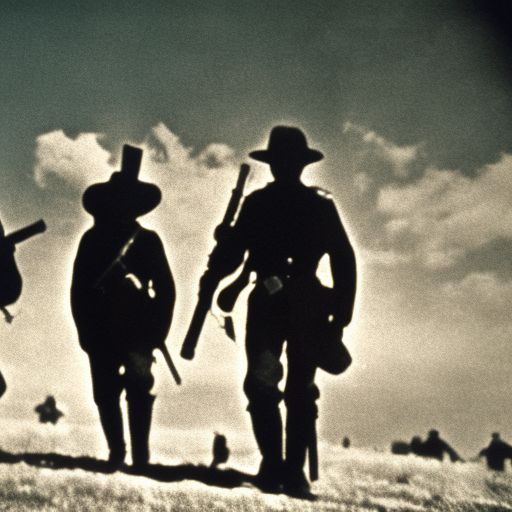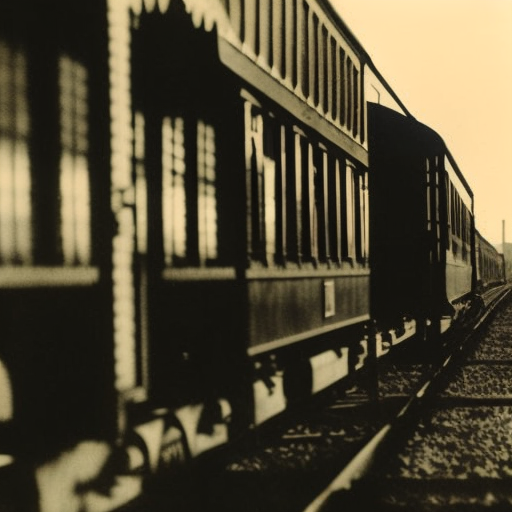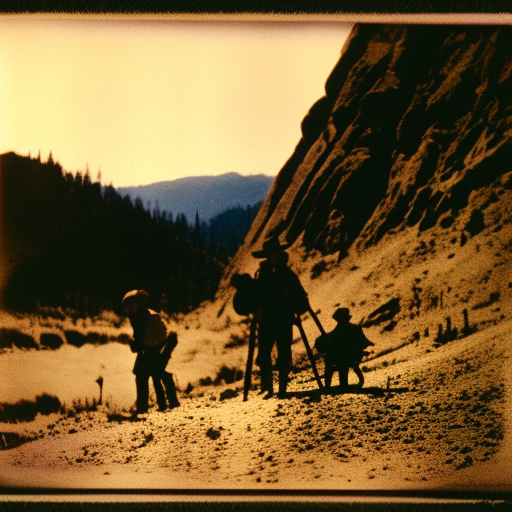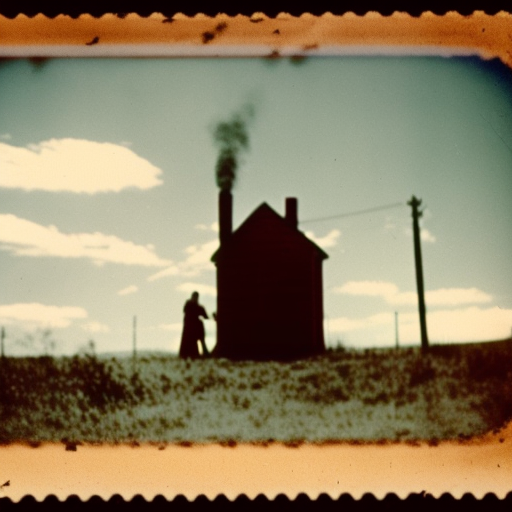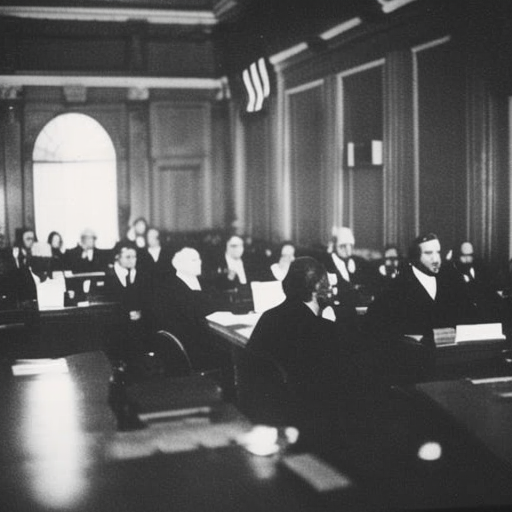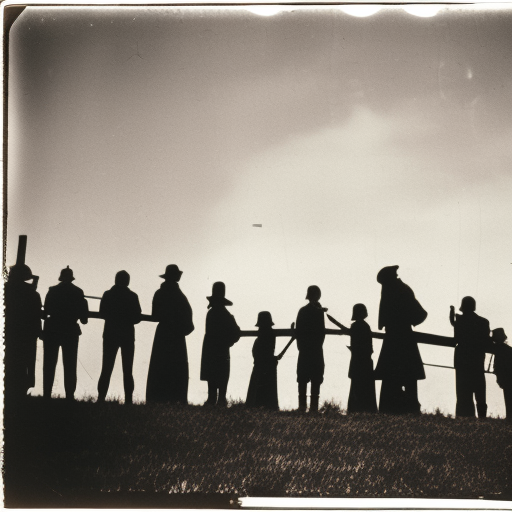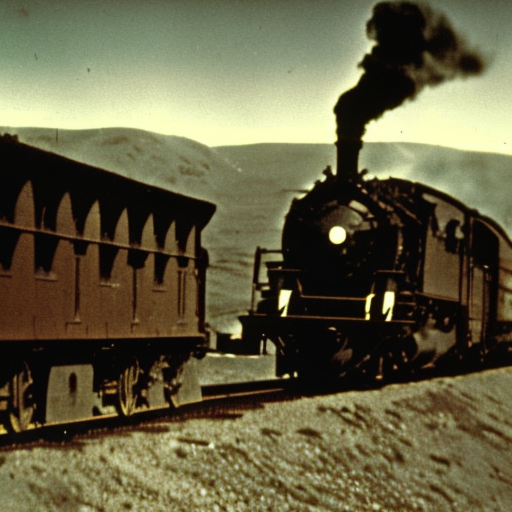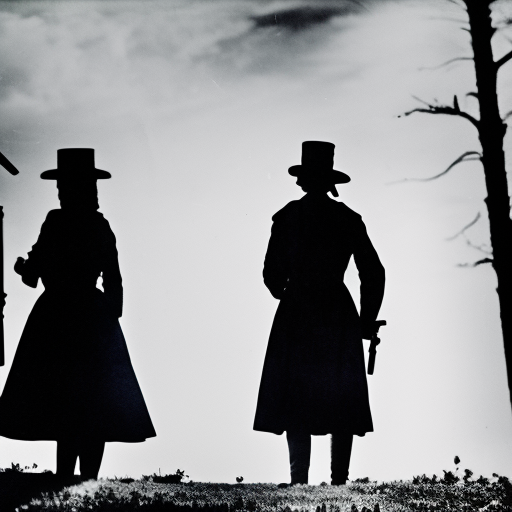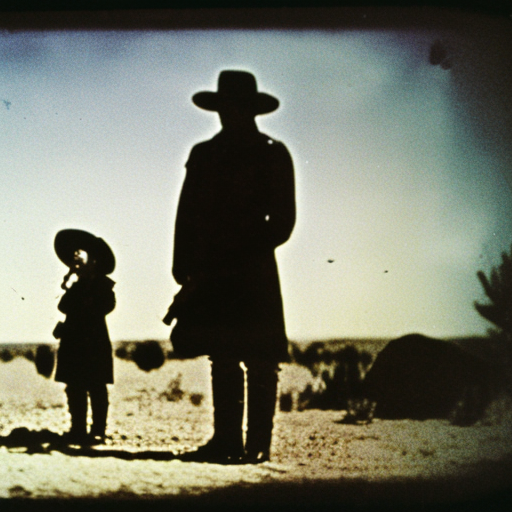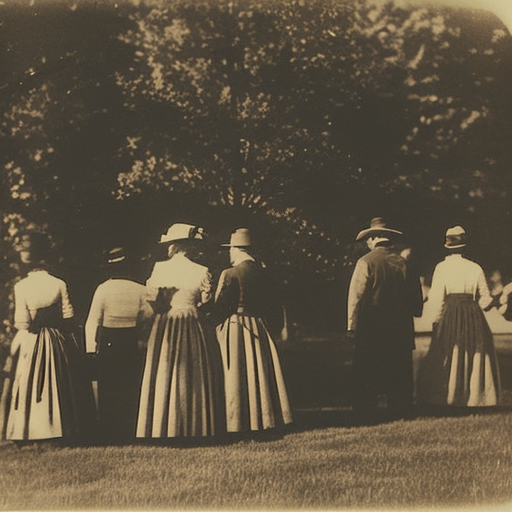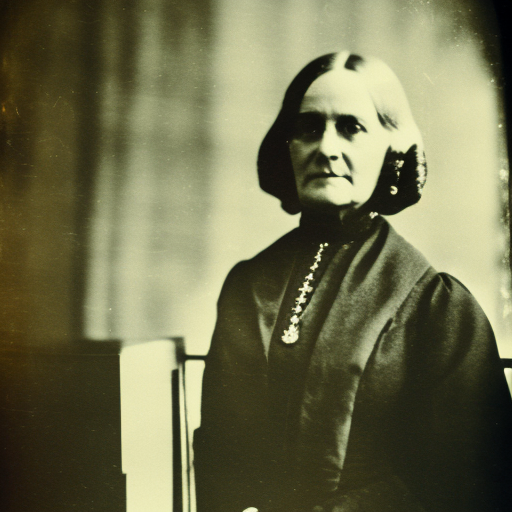The Rough Riders were a volunteer cavalry unit led by Theodore Roosevelt during the Spanish-American War.
The Pullman Strike (1894) Explained
The Pullman Strike was a nationwide railroad strike in 1894 that resulted in violent clashes between workers and the government, leading to significant labor reforms.
The California Gold Rush (1848-1855) Explained
The California Gold Rush was a period of mass migration and economic boom in California triggered by the discovery of gold in 1848.
The Homestead Act (1862) Explained
The Homestead Act of 1862 granted free land to settlers in the United States, encouraging westward expansion and the development of agriculture.
The First Continental Congress (1774) Explained
The First Continental Congress was a gathering of colonial delegates in 1774 that marked the first unified response to British oppression and laid the groundwork for American independence.
The Roanoke Colony Explained
The Roanoke Colony was a mysterious English settlement in present-day North Carolina that vanished without a trace.
The Transcontinental Railroad completion (1869) Explained
The completion of the Transcontinental Railroad in 1869 connected the east and west coasts of the United States, revolutionizing transportation and communication in the country.
The Whiskey Rebellion (1791-1794) Explained
The Whiskey Rebellion was a violent uprising in the United States against a tax on whiskey imposed by the federal government.
The Gadsden Purchase (1853) Explained
The Gadsden Purchase was a treaty between the United States and Mexico in 1853 that resulted in the acquisition of a strip of land in present-day Arizona and New Mexico.
The Missouri Compromise (1820) Explained
The Missouri Compromise was a legislative agreement that temporarily resolved the issue of slavery expansion in the United States by admitting Missouri as a slave state and Maine as a free state.
The Know Nothing Party Explained
The Know Nothing Party was a secretive and nativist political movement in the mid-19th century United States, characterized by anti-immigrant and anti-Catholic sentiments.
Susan B. Anthony Explained
Susan B. Anthony was a prominent American suffragist and women’s rights advocate in the 19th century.









